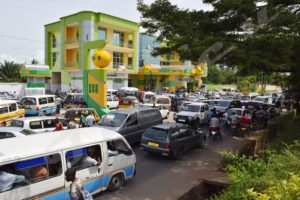
Long queues at Kinindo City Oil station
Long queues of cars, motorcycles and people who have cans, wait for hours at the few stations that are open. City oil and Kingstar stations from the southern to northern neighborhoods in the capital Bujumbura are providing fuel. “I have spent four days looking for fuel but in vain”, says a taxi-driver. He also says he and his family will die of hunger if nothing is done. “I cannot afford food for my family if the shortage of fuel persists”, says another driver met at Kinindo City Oil station in southern Bujumbura.
Many vehicles and motorcycles are empty of fuel. Cans could be seen on the long queues. However, their owners have not been served like others and started complaining about the unfair supply of fuel. “Those who have cans should put them aside, they have no right to be served”, says a police officer trying to supervise fuel distribution at Kinindo City Oil.
Many of the oil stations in Bujumbura city were dry. Engen, Mogas and Kobil branches operating in Burundi have no fuel due to the lack of foreign currency. “It’s been a couple of days we are not working. We don’t know the day we will receive the foreign currency to resume the supply of fuel”, says an agent of Mogas branch.
During the plenary session in the National Assembly on 25 April, Côme Manirakiza,Minister of Energy and Mines said shortage of fuel in the capital Bujumbura and the countryside is due to the lack of foreign currency. He, however, said the administration, the police and the ministry must work together to avoid any speculation from oil tankers.
“Sanctions should be imposed on fuel managers who may distribute fuel in cans or try to raise the price”, says the Minister.
However, over the last week, the Ministry of Energy and Mines said the shortage of fuel earlier was due to a “technical breakdown” that interrupted clearance processes within the Burundi Revenue Authority (OBR), an allegation the Authority denies. OBR dismissed the claim saying it “is not aware of any connection breakdown”.

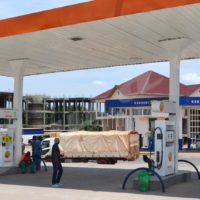
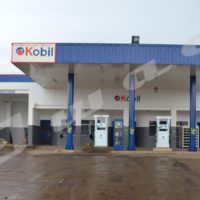
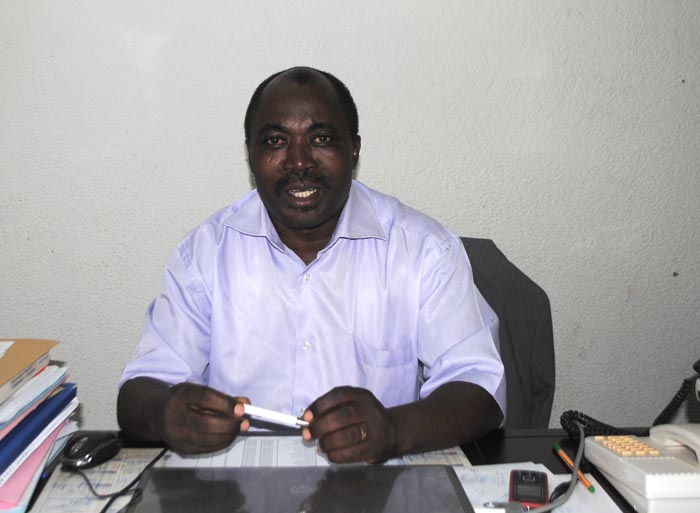
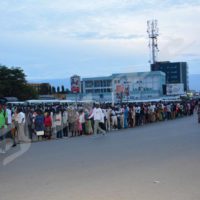













 IWACU Open Data
IWACU Open Data

